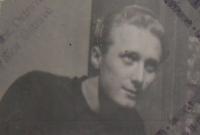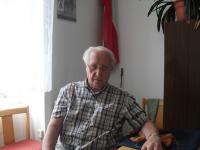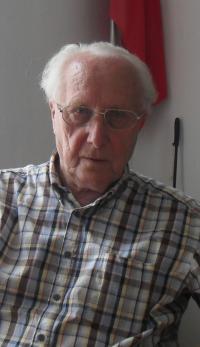I live this life only once, so I should be a good person.

Download image
Jaroslav Musial was born on 13th May 1921 into family of Czechoslovak legionaries in Heřmanice near Ostrava. In 1939 along with his father he helped the Czechoslovak citizens to cross Polish borders. After being interrogated by Gestapo he decided to escape from the Protectorate and went to Hungary where he got caught. After a succesful return he studied catholic seminary. When Nazis closed his seminary he worked as a forced worker in Norway. He managed to escape from forced labour and worked on railway. During the Communist regime, he studied law and engineering, publicly protested against the execution of Milada Horáková and also against the unification of the Social democratic party with Communists. For this reason he was followed by the Secret police (StB), falsely accused of sabotage and jailed. After release he was politically engaged as a member of the Confederation of political prisoners and also in the Club of commited nonpartisans. Because of this activity he lost his job and could work only as a worker. After the Velvet revolution he became senator and active member of the Union of freedom fighters. He was awarded the Order of Tomáš Garrigue Masaryk, IV. Class. Jaroslav Musial died on June 19th, 2017.


